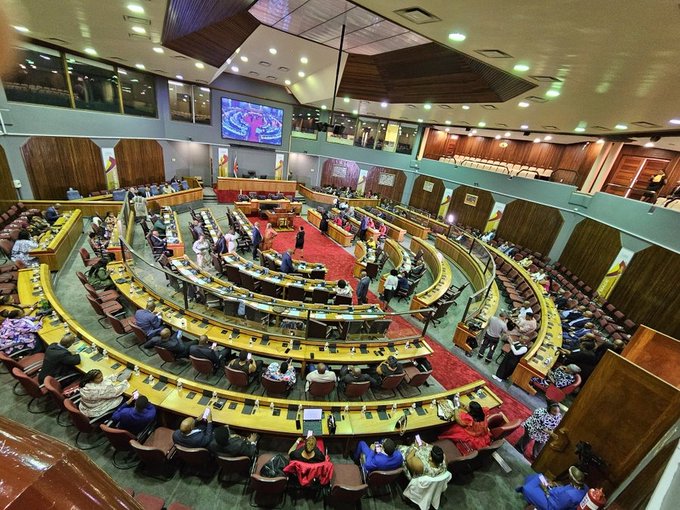By Thapelo Molefe
Limpopo’s provincial government has drawn a firm line against wasteful expenditure.
Tabling a R86 billion budget for the 2025/26 financial year on Tuesday, Limpopo Finance MEC Kgabo Mahoai vowed strict financial discipline, emphasising that every cent allocated must be accounted for.
Using a striking metaphor, Mahoai compared the province’s finances to a slaughtered cow, insisting that ‘nothing should go to waste.’
With a strong emphasis on infrastructure, financial discipline, and economic recovery, he assured that Limpopo’s funds would be spent efficiently and transparently.
Infrastructure remains central, with R5.6 billion allocated to Public Works, Roads, and Infrastructure, including R2.6 billion for road maintenance.
Acknowledging public frustration over poor roads, Mahoai said: “People want to see roads—new roads, maintenance, and re-gravelling where possible. We believe we are getting there.”
To tackle municipal financial instability, R150 million has been set aside to clear outstanding government debts to municipalities.
“It cannot be that the government owes municipalities while expecting efficient service delivery,” he noted.
A significant investment is also being made in education, with R42.5 billion allocated, including R100 million for storm-damaged schools and R158 million for the Presidential Youth Employment Initiative to retain teacher assistants.
Public dissatisfaction over alleged mismanagement of funds was a central theme in Mahoai’s address.
Using a metaphor to drive his point home, he said, “The cow is finished. Nothing should go out of here for any purpose other than what the butcher wants.”
The MEC emphasised the province’s Procurement Strategy 2030, which aims to ensure that more public funds benefit local businesses.
However, he admitted that “only 34% of procurement spending currently benefits Limpopo-owned businesses”—a statistic he called “concerning.”
He urged departments to improve spending on youth and women-owned enterprises, adding, “We are not doing enough in empowering the youth and people with disabilities. This must change now.”
Following the devastating December 2024 and January 2025 floods, which severely damaged infrastructure, the province is setting up a Provincial Disaster Management Contingency Reserve Fund, in line with the National Disaster Management Act.
The fund will be maintained at 1.2% of the provincial budget to ensure rapid response to future disasters.
“We cry when disasters strike, yet we know they are coming. It is only fair that we prepare for them,” Mahoai stated criticising past inaction.
Limpopo’s economy, much like the rest of South Africa, remains under pressure.
The province’s GDP grew by only 0.2% in 2024, with agriculture, manufacturing, and construction contributing negatively.
However, the MEC pointed out that the mining sector showed positive growth, calling for “increased productivity in agriculture and manufacturing” to drive economic recovery.
Despite fiscal constraints, Mahoai ended on a hopeful note, urging strict oversight and responsible spending.
“Now that we have received our fair share of the cow, let us commit to using this budget responsibly and with accountability,” he said.
INSIDE METROS

